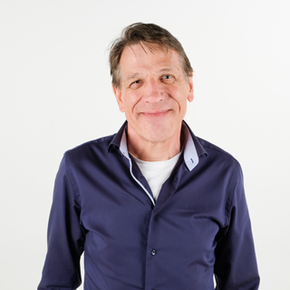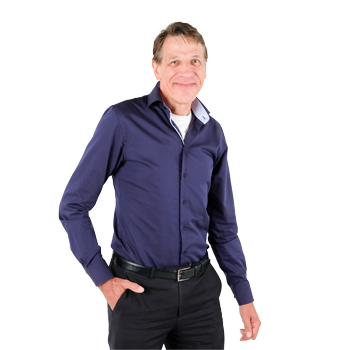Coffee. In the world of food & drink, few things are so universal as enjoying a nice cup of coffee. For many, it’s a daily habit. And a lot goes into making that perfect little moment possible. What’s more, how people experience coffee is highly subjective. So how, as a coffee producer, do you keep your nose to the ground and then translate that market intelligence into concrete improvements? Armed, naturally, with a cup of coffee, CQM went along to find out.
For a few years now, DOUWE EGBERTS MASTER BLENDERS 1753 has been the new name under for the world famous Coffee & Tea Company formerly known as Douwe Egberts. The company has a wide range of coffee & tea products, as well as machinery and related products, for both the professional and retail markets. Particularly in the last decade, the coffee & tea market has been in a state of flux. For example, with the advent of coffee machines using pods or capsules that give consumers an unprecedented freedom of choice with every cup of coffee. But in the professional market, too, the requirements of customers and consumers alike continue to change.
Customer Satisfaction
For a company and brand to stay competitive, high levels of customer satisfaction are an absolute prerequisite. One of the key indicators here being the number of customer complaints. Fortunately DE has always scored very well in this area. But because things can always be better, they launched an improvement programme to reduce the number of customer complaints even further.
To this end, teams have been set up for a variety of areas, from difficult-to-open packaging and packaging with malfunctioning dosage units to complaints about the coffee itself. These teams are multidisciplinary, with members from all relevant departments such as Research, Production, Quality and Service. Since spring 2013, CQM has been brought in to guide the teams in their general approach and for in-depth quantitative analyses of the complaints on the basis of available production data and experiments.
The real cause
"In a market where the subjective experience plays such a large role, it’s even more important to analyse complaints in an extremely rational and structured way," explains CQM consultant Roel Wijgers. "You must avoid conclusions being drawn before the real cause has been uncovered. The first step is to establish a clear relationship between complaints and quantities that DE can measure. It became apparent that the registration of complaints wasn’t always sufficiently precise. So we first improved that registration process. So for a dosing system that occasionally became blocked, the challenge was to identify the parameters that could predict such a blockage and then, of course, adjust those parameters such that the blocking no longer occurs. A step-by-step approach, involving as many quantitatively-informed choices as possible, based on analysis of production data and targeted experiments. By translating complaints in this way into properties that can be quantified at a much earlier stage DE could, for example, tighten and improve the release of batches. While another team managed to discover the reason why a packaging wasn’t always totally airtight."
Changed for good
DE's R&D Category Manager, Dominique van Loon, who leads one of the teams, is enthusiastic about CQM's approach. "As well as their ability to identify with the world of coffee, we’ve learned a lot from CQM's structured, fact-based approach. There are always three recognizable steps: the formulating of a hypothesis on the basis of professional know-how and data; then testing it in an experiment; and finally, where there are positive results, validation in a production setting. It has changed our approach to these sort of issues."
DE's Director of Quality, Environment & Safety, Han Meertens, is also positive."In just one year working with this approach, the already low number of customer complaints has been further reduced by a quarter. A wonderful result. For us, it’s been the spur to continue on this path. Increasingly we’ll be doing the implementation ourselves, but for the time being we definitely want to keep CQM on board as coach."
Ask your question
Would you like to know how to analyze the subjective experience of your customers? Please contact Bert Schriever.


